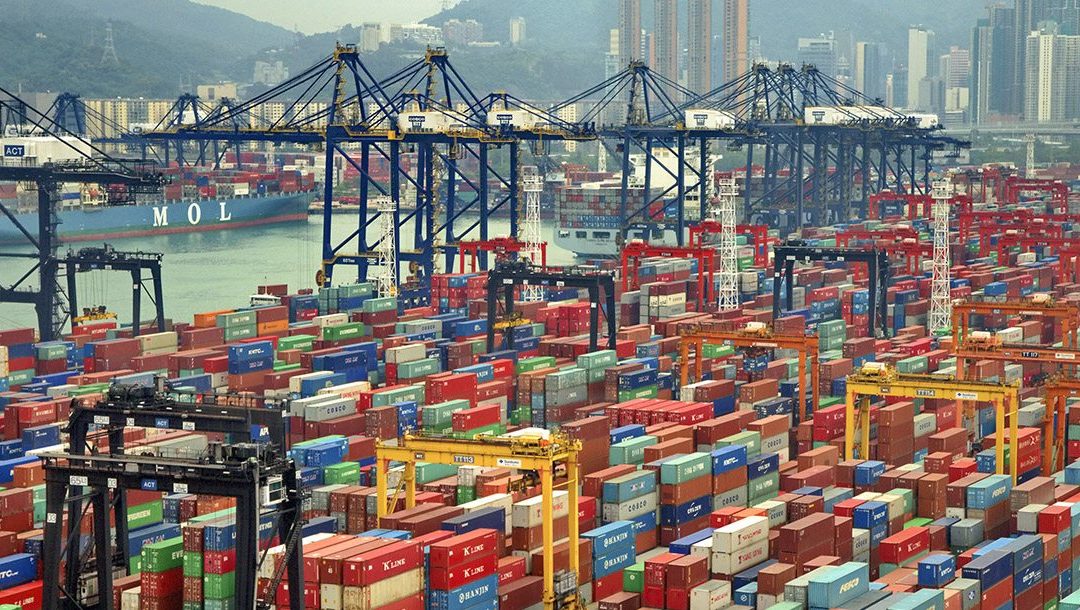Bloomberg’s journalism just keeps getting better and better by the month. Here’s a vital, must-read piece on the state of globalization by Shawn Donnan and Lauren Leatherby. A few excerpts that caught my eye below, but go to Bloomberg and read the whole piece here
Globalization is a force both more powerful and ancient than Trump. Too often we think of it—of economic integration and the exchange of ideas, people and goods that comes with it—as a recent phenomenon.
The reality is it has been with us since the dawn of time. Religions like Christianity and Islam are products of globalization. They also have arguably done more to both shape and promote globalization than U.S. multinationals or China’s new corporate giants.
Globalization also isn’t a static force. We associate globalization today with the shipping container, the 1950s invention that increased the efficiency and lowered the cost of the global trade in goods. Or with the outsourcing of jobs in advanced economies and the rebirth of great trading economies like China’s.
But we are entering a new era in which data is the new shipping container and there are far more disruptive forces at work in the world economy than Trump’s tariffs. New manufacturing techniques such as 3D printing and the automation of factories are reducing the economic incentives to offshore production. The smartphones we carry with us are not just products of globalization but accelerants for it. For good or bad, we are more exposed to a global culture of ideas than we have ever been. And we are only becoming more global as a result.
Is globalization really slowing? Maybe, if you only look at the trade in physical goods. But that doesn’t take into account an explosion of the digital economy. That’s important. Increasingly, the digital realm is where the 21st-century economy lives….
As economies mature, we’re selling the rights to produce something to someone in another country rather than shipping it to that country. Those changes also mean less physical trade in goods—no CD crosses a border if you’re streaming the latest Ariana Grande song. Yet that doesn’t mean globalization is slowing. It means it is maturing and evolving.
Traditional trade measures also don’t reflect the real supply chain
There is no economic relationship bigger than the U.S. and China’s. But how you quantify the flows matters. Traditionally, trade data measures shifts in goods by recording products’ value when they leave a port. But the parts in products often come from other countries these days. Even those parts can be made up of parts from elsewhere. That means a more accurate measure of trade and economic relationships involves recording where value is added. And when you do that, relationships start to look different.


